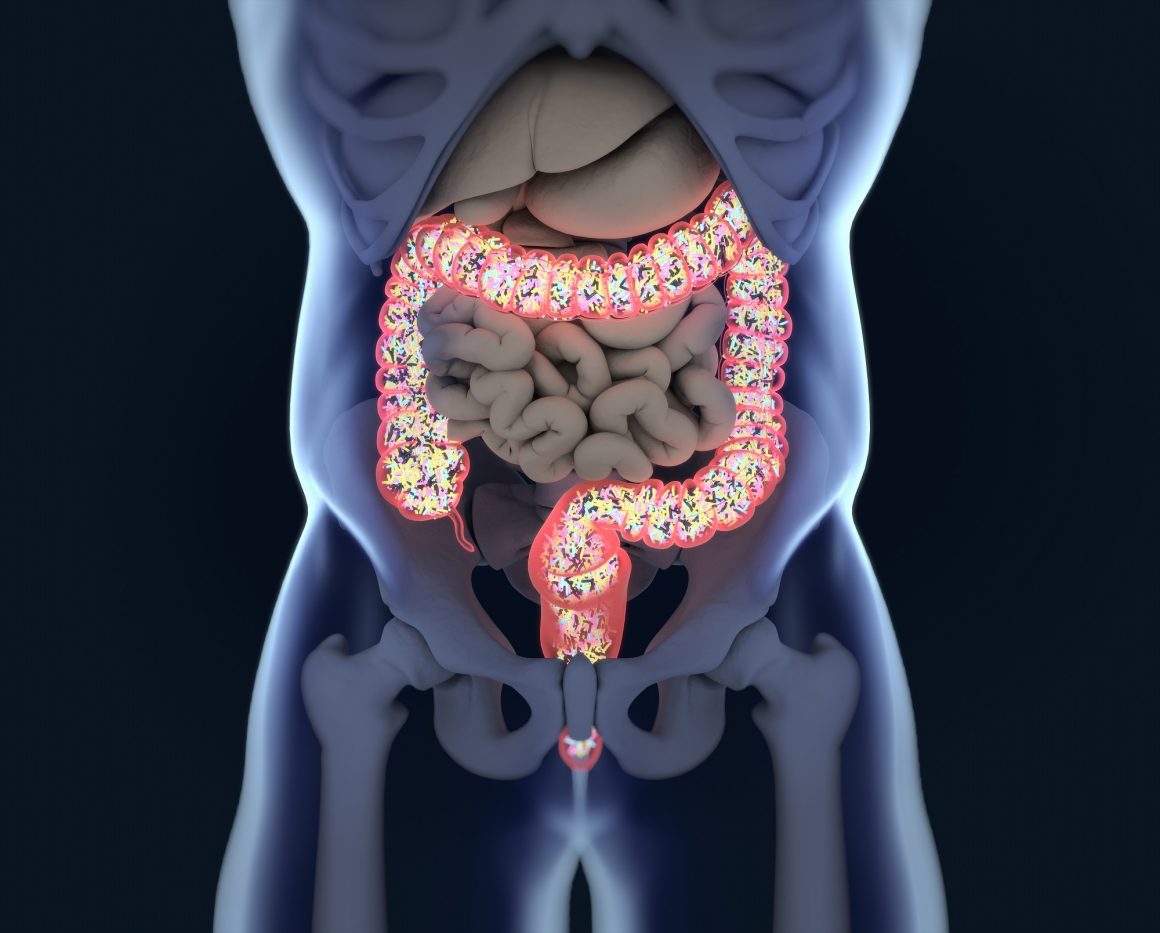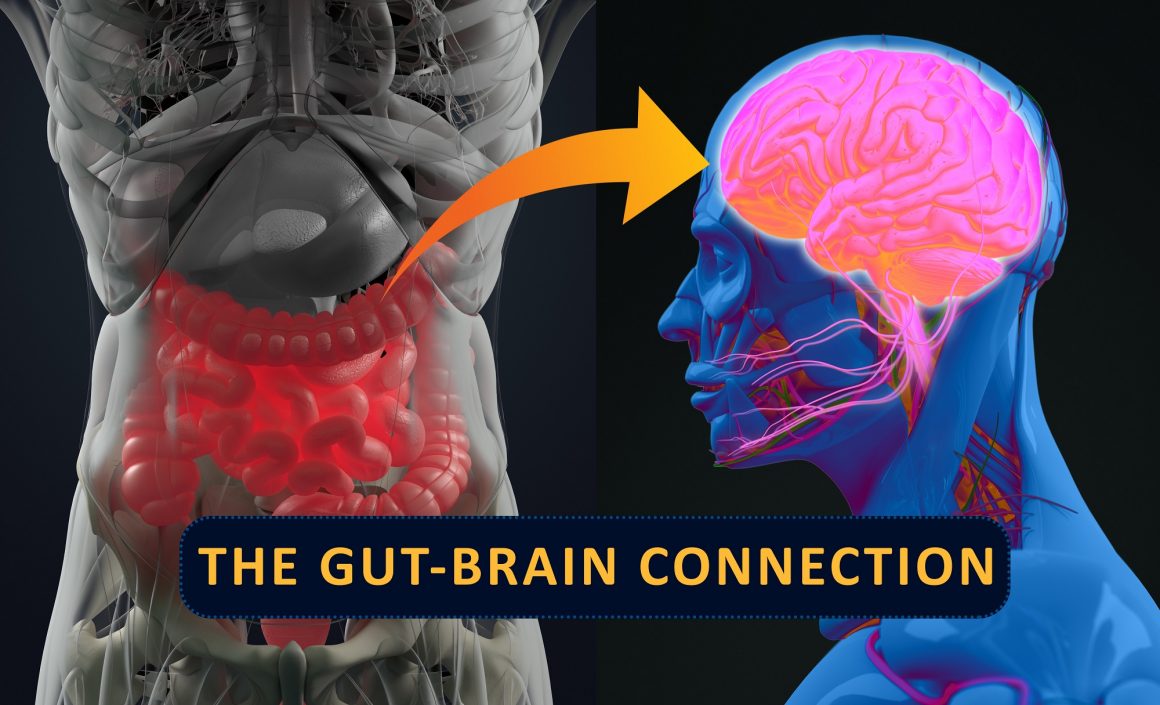Have you ever had what is commonly described as a gut feeling in regard to something you’re thinking about?
As it turns out, research published in recent years shows that this sensation may be more than just an expression. As we begin to understand more about the bacteria in our gut, researchers are beginning to uncover ways that the guy microbiome affects more areas of the body than just the digestive tract and is tied to wide range of conditions throughout the body.
What is the Gut Microbiome?
The term microbiome refers to the population of microbes in the intestine. Unique to each individual, the thousands of micro-organisms ranging from bacteria to viruses and fungi have a big influence over our risk of disease and overall health. These microbes are used by the body to create vitamins, process fiber into digestible fatty acids and ensure normal function of the immune system.

Forming from the time we are born and evolving throughout our lives, the microbiome thrives on diversity. Research suggests that this diversity is better for human health, showing that infants with lower diversity among their gut bacteria are more likely to develop food allergies.
The Gut-Brain Axis
That feeling in your gut when you think about certain things isn’t just a colloquialism that people like to use. The gut and the brain are tied together in ways that scientists have only begun to understand in recent years.

According to an article from the American Psychological Association (APA), gut bacteria are responsible for the production of neurochemicals which “regulate basic physiological processes as well as mental processes such as learning, memory and mood.” Gut bacteria also create around 95% of an individual’s serotonin, which can influence a person’s mood and gastrointestinal activity.
This ability to impact serotonin levels helps explain the connection between gut issues and mental health disorders such as anxiety and depression.
The interaction between brain and gut involves a number of processes that tie into the immune and nervous systems as well. Scientists believe that gut microbes make neuroactive compounds, such as neurotransmitters and metabolites, which facilitate communication between the brain and gut and carry messages via two methods; the vagus nerve (cranial nerve involved in the control of the heart, lungs and digestive tract) and the transmission of signaling molecules through the circulatory system and across the blood-brain barrier, according to a study published in Neurochemistry International.
In looking at the gut brain relationship through this lens, scientists have found that the brain is severely impacted by microbial imbalances. Known as dysbiosis, these imbalances are associated with a number of brain related conditions, ranging from autism spectrum disorder to Alzheimer’s disease, Parkinson’s and amyotrophic lateral sclerosis (ALS). This, to researchers, suggests direct or indirect communication between intestinal bacteria and the central nervous system (CNS)
Other Common Conditions Affected by the Microbiome
The composition of the gut microbiota is influenced by intrinsic factors such as stress, and external factors such as the air pollution, dietary choices, drug and supplement use and the quality of the water we drink.
These factors can create a microbiome susceptible to certain conditions. Here are a few worth noting that science has begun to establish a link to.
Obesity– the relationship between gut bacteria and weight gain is an area of research that has been popular in recent years. Studies show that our microbiome is heavily influenced by our genetic makeup and there are certain strains of bacteria more common in those of a healthy body weight. A different study indicated that a lack of bacteria in the large intestine may contribute to obesity in young people.
Cancer– Gut bacteria has an important role to play in cancer research due to its relation to creating certain cancers and influencing the way people recover from cancer treatments. Studies in recent years have suggested that some gut bacteria can play a role in the development of lymphoma, stomach cancer and colorectal cancer. Additionally, research from the National Cancer Institute has shown that mice who had healthy gut bacteria had far better outcomes chemotherapy and immunotherapy treatments than those without.
